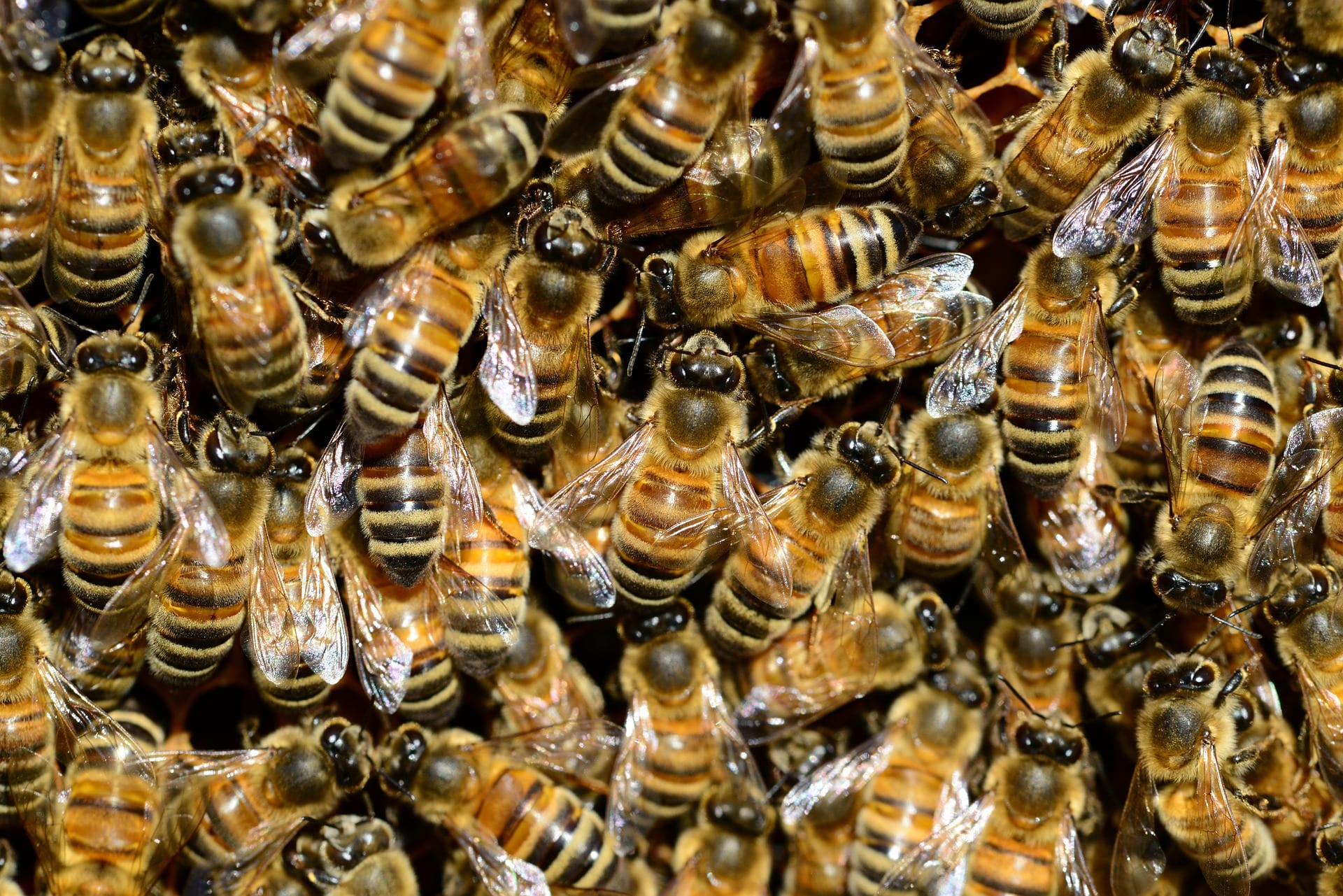The effect of bee venom (Apis mellifera) on breast cancer cells has been studied in Australia. Of particular interest was the effect of a key component of the toxin, melitin. The study found that the venom effectively killed various types of breast cancer. Quite a good effect of the venom was found on the aggressive and easily recurrent type of breast cancer.
Melitin can now also be produced synthetically. The toxin was able to completely destroy the membranes of the cancer cells in an hour and effectively reduced the chemical communication of the cancer cells. Communication is essential for the growth and division of cancer cells. Studies have shown in the past that melittin is effective in the treatment of melanoma, lung cancer, leukemia, and ovarian and cervical cancers, among others.
The research team also tested whether melittin could be combined with drugs used in chemotherapy. The combination drug was very effective in reducing tumors in mouse experiments.
Further research is needed.
Source:
Duffy, C., Sorolla, A., Wang, E. et al. Honeybee venom and melittin suppress growth factor receptor activation in HER2-enriched and triple-negative breast cancer. npj Precis. Onc. 4, 24 (2020). https://doi.org/10.1038/s41698-020-00129-0
![]()
